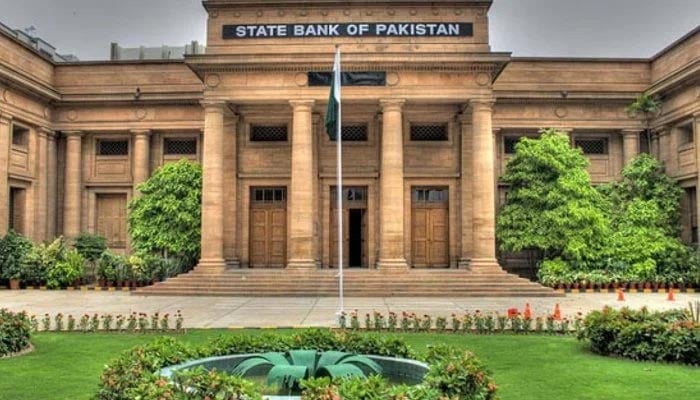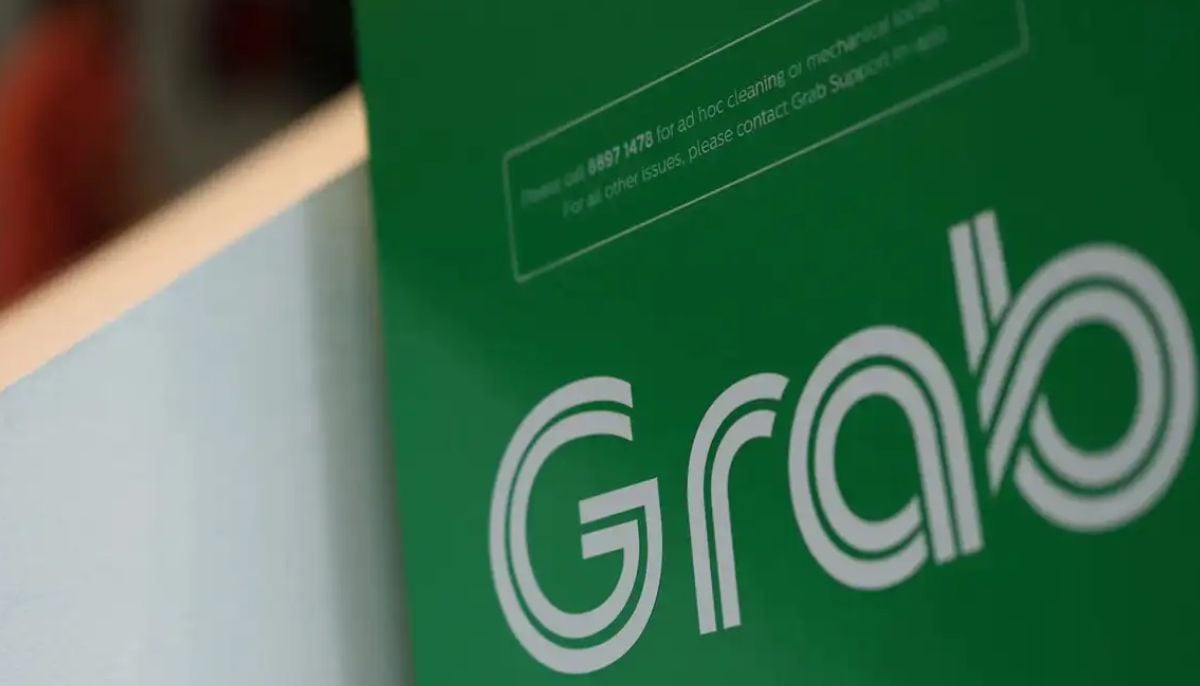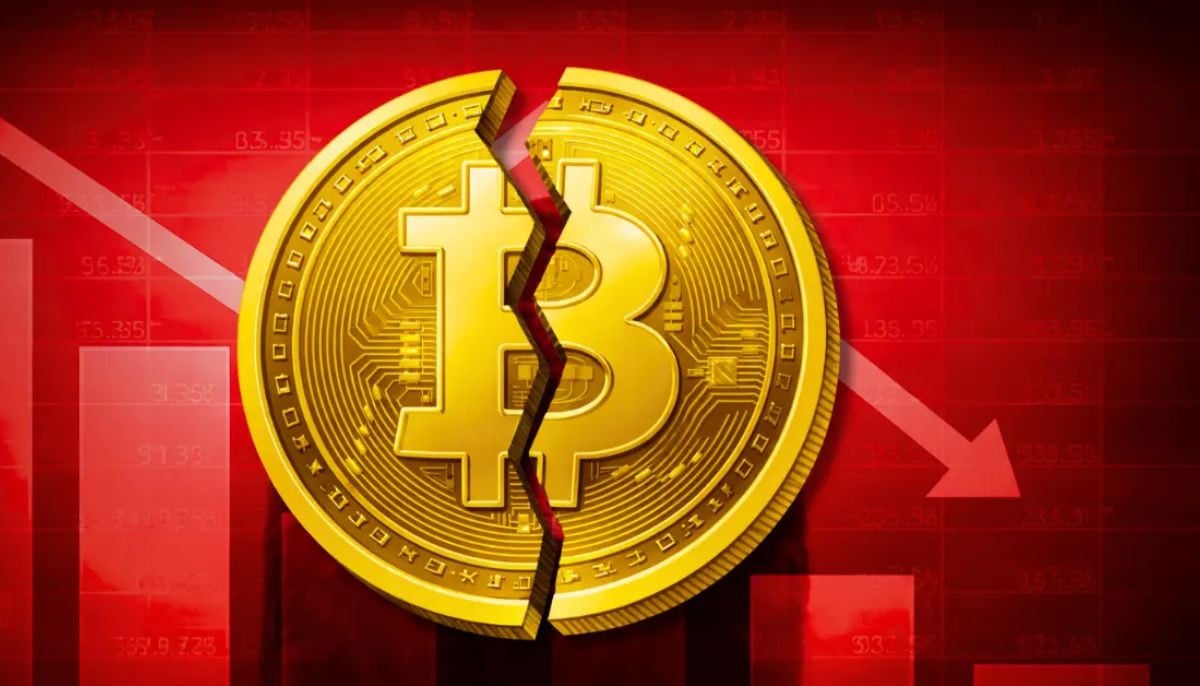SBP jacks up interest rate to 16% — highest since 1999
SBP says decision reflects MPC’s view that inflationary pressures have proven to be stronger and more persistent than expected
KARACHI: Contrary to market expectations, the State Bank of Pakistan (SBP) raised its key policy rate by 100 basis points to 16% — the highest level since 1999 — on Friday amid elevated inflation as the economy struggles to recover from floods that caused heavy losses.
The central bank, in a statement, issued after the meeting said that this decision reflects the MPC’s view that inflationary pressures have proven to be stronger and more persistent than expected.
"This decision is aimed at ensuring that elevated inflation does not become entrenched and that risks to financial stability are contained, thus paving the way for higher growth on a more sustainable basis," the Monetary Policy Committee said after a meeting held today.
The SBP noted that amid the ongoing economic slowdown, inflation is increasingly being driven by persistent global and domestic supply shocks that are raising costs.
“In turn, these shocks are spilling over into broader prices and wages, which could de-anchor inflation expectations and undermine medium-term growth,” the statement read, adding that consequently the rise in cost-push inflation cannot be overlooked and necessitates a monetary policy response.
The MPC further noted that the short-term costs of bringing inflation down are lower than the long-term costs of allowing it to become entrenched. Meanwhile, curbing food inflation through administrative measures to resolve supply-chain bottlenecks and any necessary imports remains a high priority.
The central bank increased the rate by a cumulative 900 basis points in 15 months (September 2021 to November 2022) to 16%.
The MPC, Since the last meeting, noted three key domestic developments, including:
- Headline inflation increased sharply in October, food prices also accelerated significantly, and core inflation has risen further
- A sharp decline in imports led to a significant moderation in the current account deficit in both September and October
- After incorporating Post-Disaster Needs Assessment of floods, the FY23 projections for growth of around 2% and current account deficit of around 3% of GDP are re-affirmed.
However, the committee mentioned that higher food prices and core inflation are now expected to push average FY23 inflation up to 21-23%.
Key projections for FY23
- Growth rate in FY23 to clock in at 2%
- Current account deficit to remain around 3% of GDP shared
- Average FY23 inflation to be calculated around to 21-23%
- Forex reserves expected to improve gradually
- Inflation expected to fall toward upper range of the 5-7%
External sector
The MPC mentioned that on the financing side, inflows are being negatively affected by domestic uncertainty and tightening global financial conditions as major central banks continue to raise policy rates. The financial account recorded a net inflow of $1.9 billion during the first four months of FY23, compared to $5.7 billion during the same period last year.
“Looking ahead, higher imports of cotton and lower exports of rice and textiles in the aftermath of the floods should be broadly offset by a continued moderation in overall imports due to the economic slowdown and softer global commodity prices,” it said, adding that the current account deficit is expected to remain moderate in FY23, with foreign exchange reserves gradually improving as anticipated external inflows from bilateral and multilateral sources materialise.
The central bank said that if the recent decline in global oil prices intensifies or the pace of rate hikes by major central banks slows, pressures on the external account could diminish further.
Monetary and inflation outlook
As part of its forward guidance, the MPC said that it will continue to carefully monitor developments affecting medium-term prospects for inflation, financial stability, and growth.
The central bank noted that headline inflation rose by almost 3½ percentage points in October to 26.6% year-on-year, driven by the normalisation of fuel cost adjustments in electricity tariffs and rising prices of food items.
Energy and food prices rose by 35.2 and 35.7% year-on-year, respectively. Meanwhile, core inflation increased further to 18.2 and 14.9% year-on-year in rural and urban areas respectively, as rising food and energy inflation seeped into broader prices, wages and inflation expectations.
“As a result of these developments, inflation projections for FY23 have been revised upwards. While inflation is likely to be more persistent than previously anticipated, it is still expected to fall toward the upper range of the 5-7% medium-term target by the end of FY24, supported by prudent macroeconomic policies, orderly Rupee movement, normalising global commodity prices and beneficial base effects,” the statement read.
Moreover, it was noted that in line with the slowdown in economic activity, private sector credit continued to moderate, increasing only by Rs86.2 billion during the first quarter of the fiscal year 2022-23 compared to Rs226.4 billion during the same period last year.
The central bank attributed this deceleration to a significant decline in working capital loans to wholesale and retail trade services as well as to the textile sector in the wake of lower domestic cotton output, and a slowdown in consumer finance.
-
Uber enters seven new European markets in major food-delivery expansion
-
Will Warner Bros finalize deal with Paramount or stays loyal with Netflix's offer?
-
$44 billion Bitcoin blunder: Bithumb exchange apologizes for accidental payout
-
Global memory chip crunch puts spotlight on Apple; Will iPhone become more pricey?
-
Bitcoin plummets toward $60,000 as investors dump risky bets
-
Bitcoin crashes below $63K as regulatory pressure and market fears grow
-
Bitwise Crypto Industry innovators ETF: What investors should do in 2026?
-
Nintendo shares slide again as momentum fears grow












